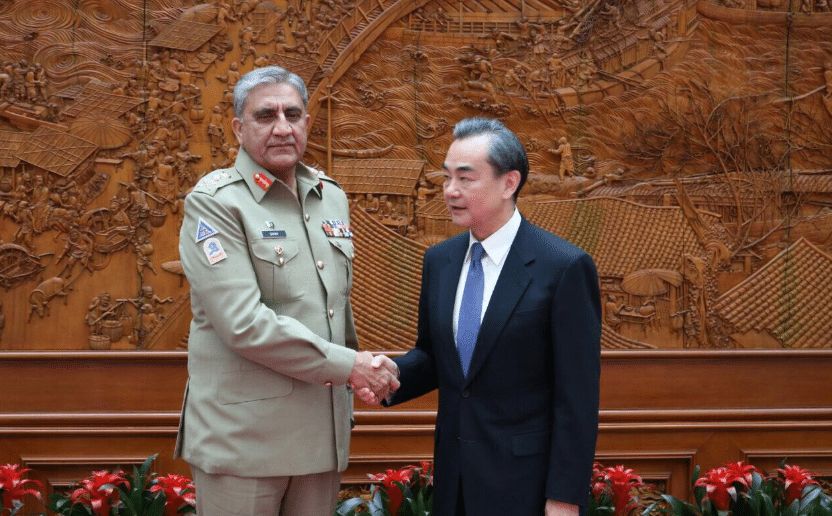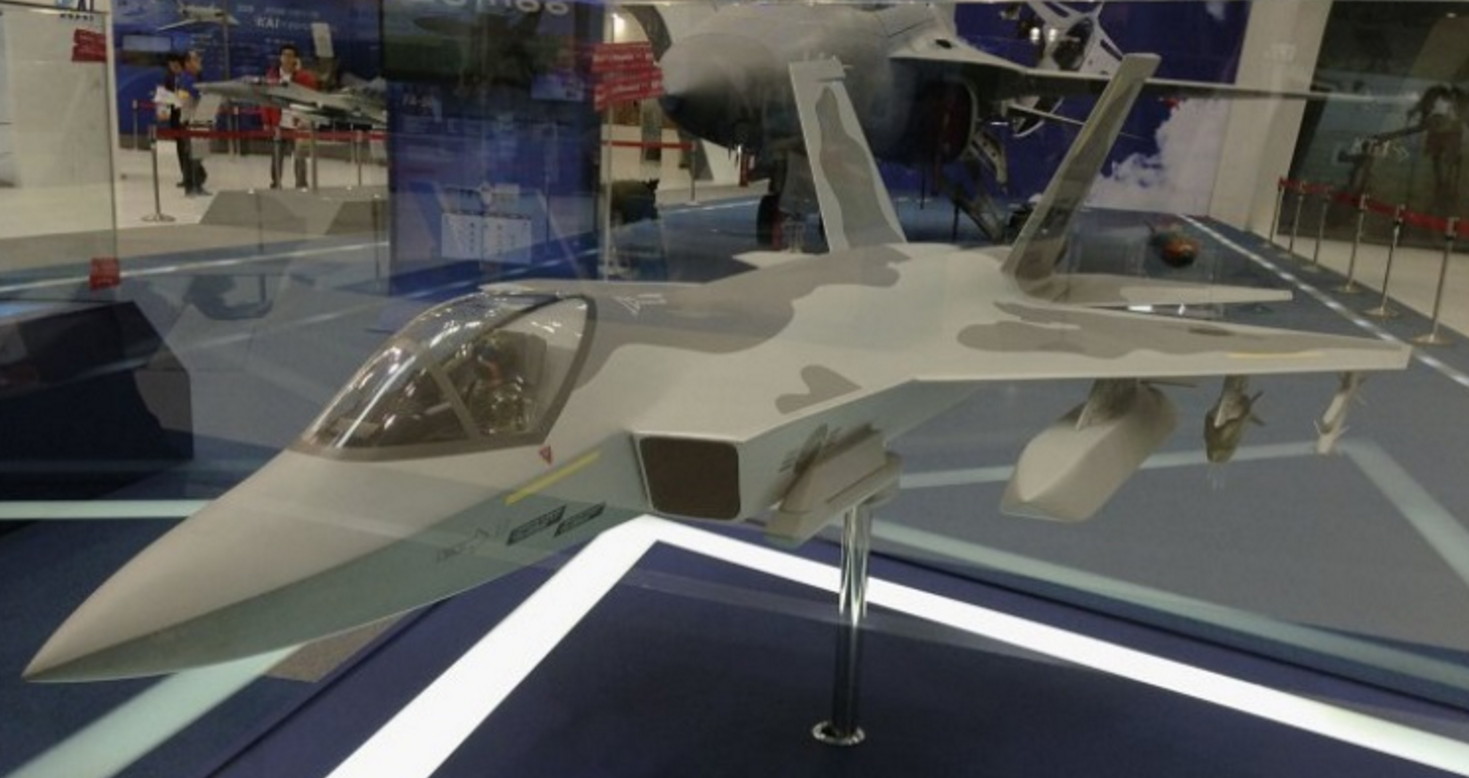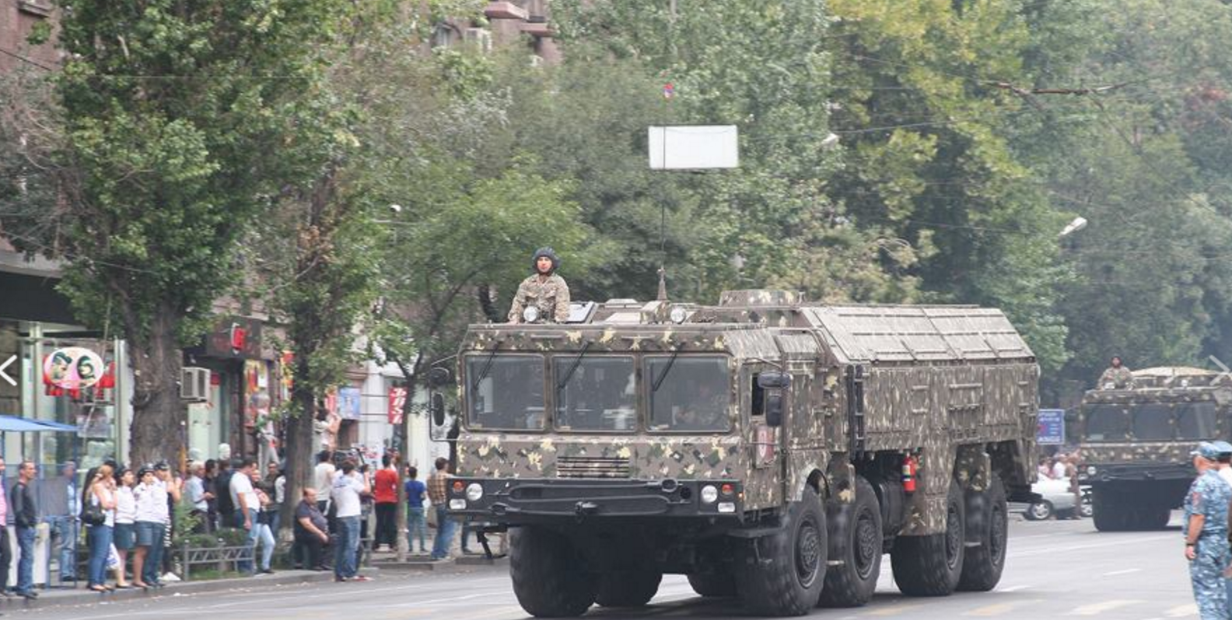30Views 0Comments

Chinese Foreign Office met with the Pakistan Army
The Chinese Foreign Office – led by Foreign Minister Wang Yi – met with the Pakistan Army leadership on Friday, 17 March 2017. As per the Inter Services Public Relations (ISPR), which is the Pakistani military’s media relations wing, Beijing “reiterated … full spectrum support to Pakistan.”
Chinese news publications have viewed the visit from a defence procurement standpoint (with a Chinese analyst stating that licensed manufacturing of “ballistic missiles, cruise missiles, anti-aircraft missiles, anti-ship missiles and main battle tanks” to be on the table).
However, this meeting appears to be broad in its scope, with the Chinese Foreign Office keeping abreast of all of Beijing’s interests in Pakistan under the current – and tense – environment, not least the China Pakistan Economic Corridor (CPEC). Pakistan is engaged in a dual-military and law-enforcement campaign in Radd ul-Fasad, which was activated following a spate of deadly terrorist attacks across the country.
The Pakistan Navy recently activated Task Force-88, a mixed platform maritime force assigned to protect littoral waters from Gwadar Bay to Basol, an area of six nautical miles (Dawn News). Task Force-88 is a key part of the wider CPEC-protection effort, which also includes a Pakistan Army Special Security Division.
That said, China is Pakistan’s leading defence supplier, and by significant margin. Collectively, the JF-17 Thunder multi-role fighter and Hangor-class air-independent propulsion-powered submarine are long-term multi-billion dollar programs. Collaboration will continue, especially in sensitive technologies such as unmanned aerial vehicles as well as next-generation sensors and electronics subsystems.
China aside, the U.S. also continued its counterinsurgency (COIN)-oriented ties with Rawalpindi. Earlier in the month, Washington assigned U.S. $550 million in Coalition Support Funds (CSF), with $200 million set for release last week. CSF tranches are provided to help Pakistan undertake its COIN operations along the Afghan border and the Federally Administered Tribal Areas (FATA).
In terms of armaments, while the U.S. is not Pakistan’s leading supplier, major weapons are in the pipeline. A batch of three Bell Helicopter AH-1Z Viper attack helicopters is scheduled for delivery later this year (Alan Warnes). Earlier this month, Pakistan also ordered 40 Navistar MaxxPro mine-resistant ambush-protected (MRAP) vehicles. These are geared for supporting Pakistan’s COIN efforts.


